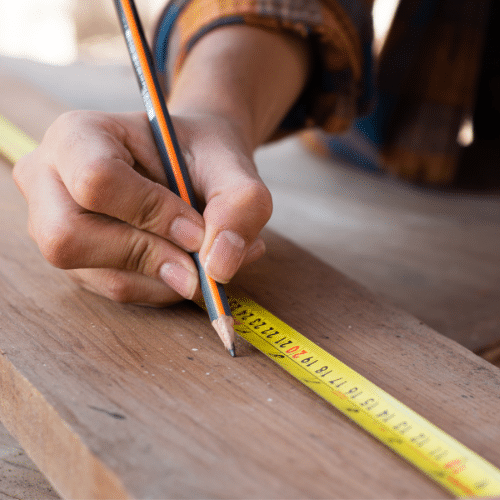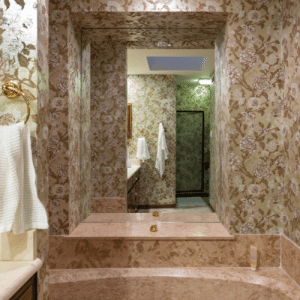1. No News Is Good News
Admittedly, the lowest price associated with buying a fixer-upper may be the initial purchase. Because of that it’s crucial to get your soon-to-be purchase inspected by a quality, trusted expert like the pros at Heartland Home Inspection. Your home may only need easy cosmetic changes, but there may also be bad news involved that could carry a heftier end cost.
An inspection will tell you if the home’s foundation is shoring, if you need to replace your HVAC system, update or replace plumbing, sewer lines, wiring, windows, hazardous sidewalk, or an expensive new roof – just about everything that should be under code compliance but isn’t. That way you’ll be better informed on how much to invest in your new home or if it’s a sound investment in the first place.
2. DIY vs Contractor
Anyone can pick up a brush and start painting cabinets, walls, or doors on a first-floor home – but for more difficult projects consider there may be an added cost. Not everyone can replace countertops due to their weight or install new floors if mobility is an issue and if you’re not experienced climbing on a roof you could end up hurting yourself and paying a hefty hospital bill.
For major renovation involving structure, electrical, plumbing, heavy lifting, and other craftsmanship dependent addition it’s best to look into local contractors on Angie or Houzz. Either way, the most important key word in any renovation is patience.

3. Financing
Now comes the hard part. No one likes spending a lot of money, but when it comes to a renovation you have options. For small projects, taking on some credit card debt may be worth it, but for major projects you can find funding for a renovation loan through a home equity line or a mortgage. In short, if you buy a fixer-upper for $250,000 with a down payment of $25,000 and the house will be worth double post-renovation, you’ll be able to borrow just under half for the equity loan. The interest rate on a home equity loan is about the same as a mortgage, but up to $100,000 can be tax deductible.




